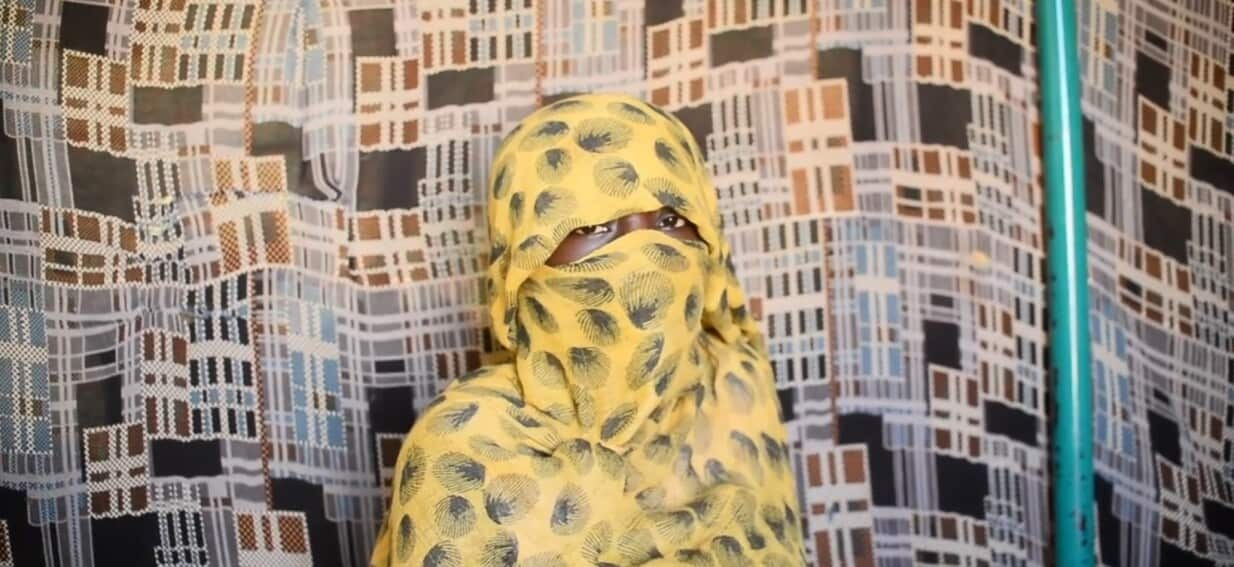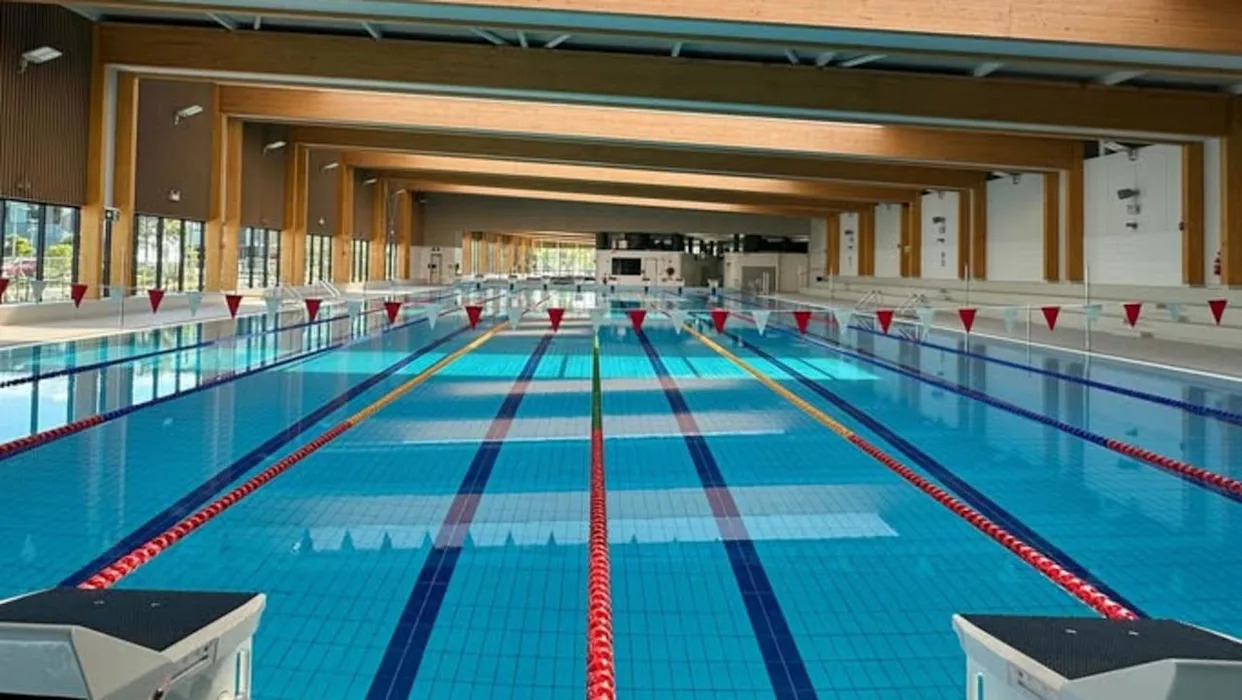
Elena Rybakina celebrated her remarkable victory over Aryna Sabalenka at the WTA Finals but made headlines for a different reason. After clinching the title, Rybakina notably declined to participate in a photo with Portia Archer, the chief executive of the WTA Tour. This unexpected refusal has sparked discussions about the dynamics between players and the governing body.
The incident took place on November 6, 2023, in Cancun, Mexico, where Rybakina triumphed with a score of 7-6 (7-4), 6-4. This victory marked a significant achievement for the Kazakh player, securing her first WTA Finals title. Rybakina’s performance throughout the tournament showcased her incredible skills and determination, solidifying her status as one of the top players in women’s tennis.
While her win was celebrated, the refusal to pose for a photograph with Archer brought attention to underlying tensions within the sport. Rybakina’s actions suggest a possible rift or dissatisfaction with the WTA’s leadership, although the specific reasons behind her decision have not been publicly articulated.
Rybakina’s focus on her victory was evident during her post-match press conference. She expressed pride in her performance, stating, “Winning the WTA Finals is a dream come true for me.” However, her decision not to engage with the WTA chief has raised eyebrows, leading to speculation about her feelings towards the organization.
The WTA, which has faced various challenges in recent years, including issues related to player treatment and transparency, is under scrutiny. Archer, who has been in her role since earlier this year, is tasked with navigating these complexities. Her leadership has been pivotal in shaping the future of the tour, yet Rybakina’s actions may highlight a disconnect between players and the administration.
As the dust settles from the WTA Finals, the implications of this incident may resonate beyond the immediate aftermath of the tournament. Rybakina’s victory and subsequent actions could signal a broader conversation about player relations and governance in professional tennis.
In the wake of this event, it remains to be seen how the WTA will address the concerns raised by players. Communication and collaboration between athletes and the governing body will be crucial in ensuring a harmonious environment moving forward. As Rybakina continues her career, her stance may influence other players and their relationship with the WTA.
Ultimately, the combination of Rybakina’s stellar performance and her refusal to engage with the WTA leadership paints a complex picture of modern women’s tennis, where success on the court and relationships off it can significantly impact the sport’s trajectory.






